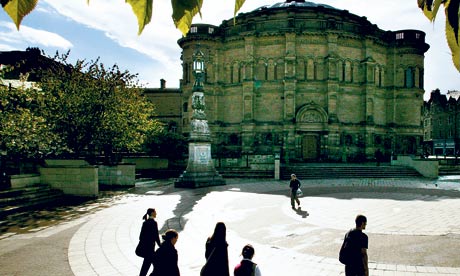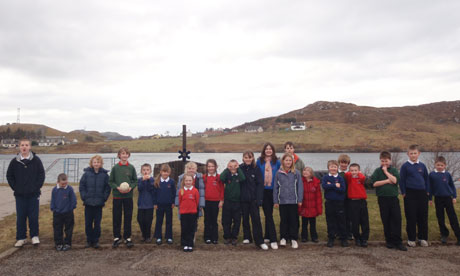That there are places in urban Scotland to which most of us would not willingly go during the day and certainly never visit at night is a fact which as a society and a political culture we have chosen not to confront. It is regrettable, we seem to feel, but it is part of our lives. We prefer not to cast too much light on the dark world of the ‘schemies’.
‘Confusion To Our Enemies’
Selected Journalism of Arnold Kemp (1939-2002) edited by Jackie Kemp. (go to forthcoming titles on nwp.co.uk for more info).
From the Foreword by Professor Tom Devine: Arnold Kemp, one of the greatest of Scottish journalists and editors of the 20th century, died prematurely at the age of 63 in 2002. He edited The Herald with memorable elan and panache between 1981 and 1994 and his prolific writings also regularly graced the pages of the Scotsman, the Guardian and the Observer in a career which spanned more than four decades from the year he began his first job in journalism in 1959 as a sub-editor on the Scotsman, fresh out of Edinburgh University.


 The McEwan Hall and Bristo Square at Edinburgh university. Photograph: Murdo MacLeod for the Guardian
The McEwan Hall and Bristo Square at Edinburgh university. Photograph: Murdo MacLeod for the Guardian
